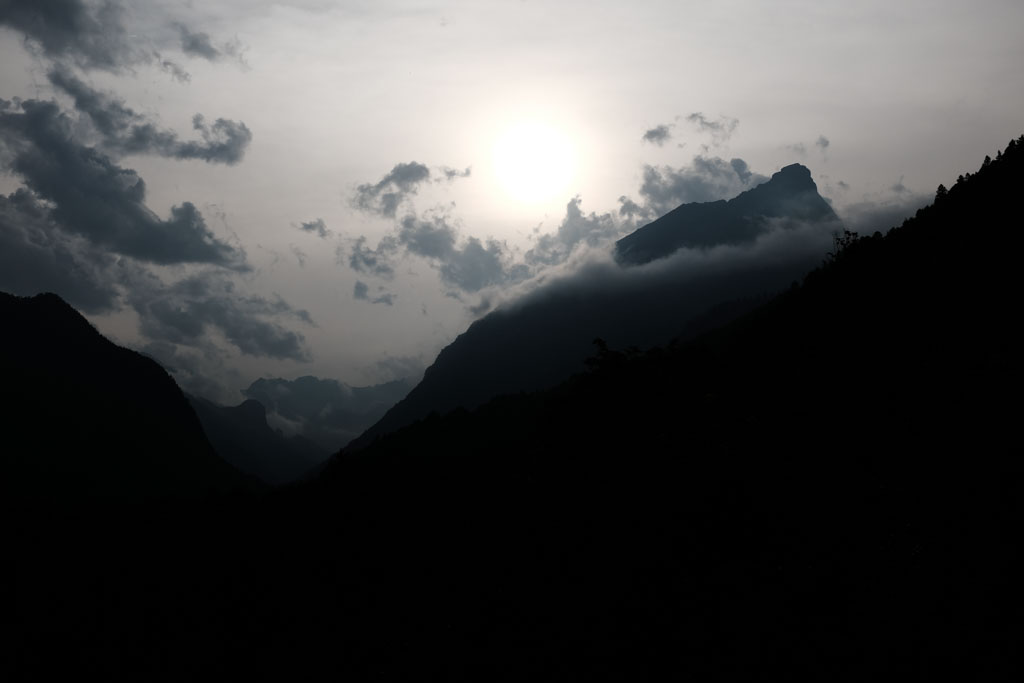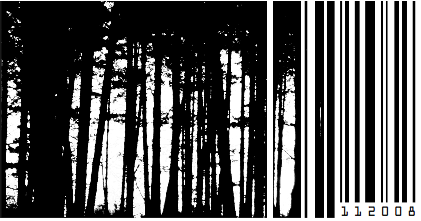
Reflections from Maria Karssenberg on our reading group session the 21th of February 2021 on Timescapes by Bernadette Bensaude-Vincent
On top of the suggestion to read and discuss the article Timescapes (2021) by Bernadette Bensaude-Vincent, Lisa Doeland also invited the author herself to join our meeting. To all of our delight she could make it and thus after a short introduction to her work by Lisa, we spent the first hour discussing the text with Professor Bensaude-Vincent and the second hour discussing some further themes from the text in the group.
Lisa pointed out how she came across the work of Bensaude-Vincent and what struck her most about her work: the critical notions that we seem to forget the material side of things in philosophy on the one hand and how the concept of the arrow of time underlies much of Western thinking on the other hand. The latter notion is criticized by suggesting the term ‘timescapes’. Both these notions play prominent roles in Bensaude-Vincent’s addressing of the Anthropocene, hence Lisa’s first question opening the discussion: “How did you get into this approach to the Anthropocene?”
Bensaude-Vincent starts off by explaining how she personally got to study these topics, trained as a philosopher of chemistry, she used to study the decay and interaction of materials and coined the term ‘socio-materials’ in order to stress their interactive qualities. She points out how human history is divided and named after the dominant material in use: the iron-age, bronze-age, etc. Which makes one wonder: how to name our current age in this manner? The plastic-age? Well, that is more accurate for the mind-20th century perhaps, Bensaude-Vincent reflects. Currently we depend on a variety of materials, a diversity of most elements of the periodic system. And hence we live in an age where geo-politics are highly strategic to us. The need for an ecological transition is therefore a transition in socio-material entities according to Bensaude-Vincent, who expresses to be highly irritated by the implication of the Anthropo-scene centering the anthropos instead of all material interactions she would like to put on the foreground in defining our current time period.
The next question concerns the shift in focus from tempo to rhythm in her work on temporality. Bensaude-Vincent explains how this comes from music: the tempo is the mere kinetics, not the change itself but the speed of the change, like the slow tempo of the carbon cycle that cannot catch up with the human induced changes. However, there are many carbon cycles, each with their own speed (e.g the biological, the geological, the cosmological – in ascending order of time scale), that interact and cause an accumulation of time scales. This is different from merely a different tempo, just as we should not solely consider carbon in its form of CO2. There is a dynamic interaction of carbon in its many states and many processes continuously shifting its place and shape. She compares it to a dance: it is not about playing the beat quicker, but about the many different rhythms and interactions that these cause. Referring to Anna Tsing, she underlines how our Western relation to the forest is one that always relies on calibration and commensurability: this is the core problem, she explains, as carbon is made into the universal scale of pollution and all other pollution is measured in CO2, we are ignoring locality, and every material is turned into an abstract.

A next question concerns the role of Western science in her analysis, as in the article it is science that is accused of this thinking in terms of the linear and unidirectional temporality of the ‘arrow’, while also counter arguments that are provided come from the sciences. Is a change in Western science already under way? For example the discipline of Earth System Sciences (ESS)? Bensaude-Vincent responds that ESS relies heavily on Newtonian time in her opinion, and it only gives us two options: slowing down or collapse. There is a huge limitation in this thinking, which she thinks is being overcome by the techno-sciences view on time, where time is regarded not as a container but as actor. Therefore a plurality of time and a connection to objects is admitted. This sparks a discussion on the possibility of working with different time scales in science (eg in ESS and geology) as the carbon cycles she just described are one example of, as well as more specialized time scales such as local records of geological time and their spatial variations. In geology representations of time bifurcate in space, and deep time acknowledges the non-linearity of the Earth’s history as represented in the geological record is highly fragmented and in fact consists of more gaps than actual time being represented. Bensaude-Vincent concludes that her main problem with ESS is its globalizing tendency, as she underlines the importance to acknowledge how each discipline has its own time scales and how time is localized. In other words: we could better think in timescapes.
Other topics that pass by are the distinction between things and materials, in connection to the natural vs artificial divide. She refers here to her book chapter on the Bergson-Einstein debate, and how this marked a turning point in the perception of time as physical approaches became dominant. In this view of Einstein there is only one time, objective time, whereas subjective time is not considered to be real. The ideas from the early Bergson were less popular at the time but Bensaude-Vincent explains how they fit in with her timescapes as they correspond to an interactional view of time as it regards all things as the product of time: time as a texture, not as a container.
Another topic that is criticized is the concept of ecosystem services: a method of assigning importance to ecological entities only by giving it a monetized value. A most extreme example of anthropocentric approaches that ultimately make everything abstract, globalized and capitalized. But, what then is to be expected of a political project that goes beyond the commodification of things such as ecosystems? Bensaude-Vincent answers that we have to revise the modernist project of mastering and monitoring of the planet. We need to pay attention in different ways, compose the different rhythms into something sustainable. Like a composition, an arrangement but dynamic, with the help of techno-scientific thought.

After we thank Bensaude-Vincent for her time we continue the discussion as so many topics have been touched on, about which so much more is to be said. We discuss her belief in technology as instrumental for her political project. We discuss what timescapes would mean in urban settings. We discuss the nuanced differences between anthropocentrism and human supremacy. We discuss anthropocentrism in relation to Darwinism and other approaches to ecological processes. We discuss whether Bensaude-Vincent’s shift from tempo to rhythm solves the problem. And we discuss what her replacing ontology of time really is built on, as no mentions of non-Western approaches are made nor the recent developments in loop quantum gravity that overthrow a lot of classical physics: is she still building on Western modernist concepts of time to criticize time?